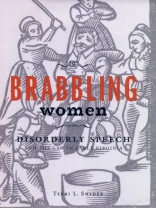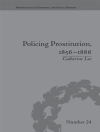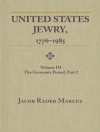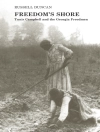Brabbling Women takes its title from a 1662 law enacted by Virginia’s burgesses, which was intended to offer relief to the ‘poore husbands’ forced into defamation suits because their ‘brabling’ wives had slandered or scandalized their neighbors. To quell such episodes of female misrule, lawmakers decreed that husbands could choose either to pay damages or to have their wives publicly ducked.But there was more at stake here. By examining women’s use of language, Terri L. Snyder demonstrates how women resisted and challenged oppressive political, legal, and cultural practices in colonial Virginia. Contending that women’s voices are heard most clearly during episodes of crisis, Snyder focuses on disorderly speech to illustrate women’s complex relationships to law and authority in the seventeenth century.Ordinary women, Snyder finds, employed a variety of strategies to prevail in domestic crises over sexual coercion and adultery, conflicts over women’s status as servants or slaves, and threats to women’s authority as independent household governors. Some women entered the political forum, openly participating as rebels or loyalists; others sought legal redress for their complaints. Wives protested the confines of marriage; unfree women spoke against masters and servitude. By the force of their words, all strove to thwart political leaders and local officials, as well as the power of husbands, masters, and neighbors. The tactics colonial women used, and the successes they met, reflect the struggles for empowerment taking place in defiance of the inequalities of the colonial period.
Giới thiệu về tác giả
Terri L. Snyder is Professor of American Studies at California State University, Fullerton.












